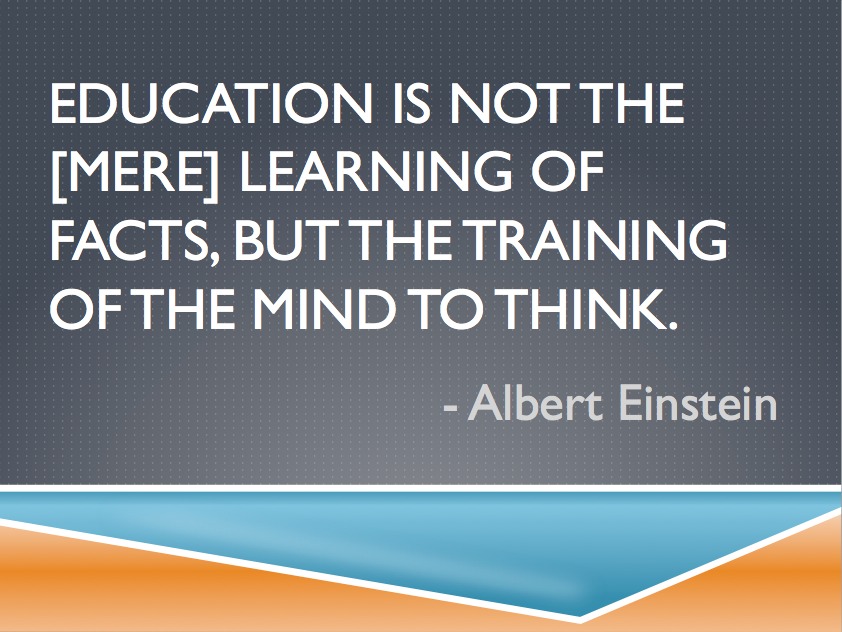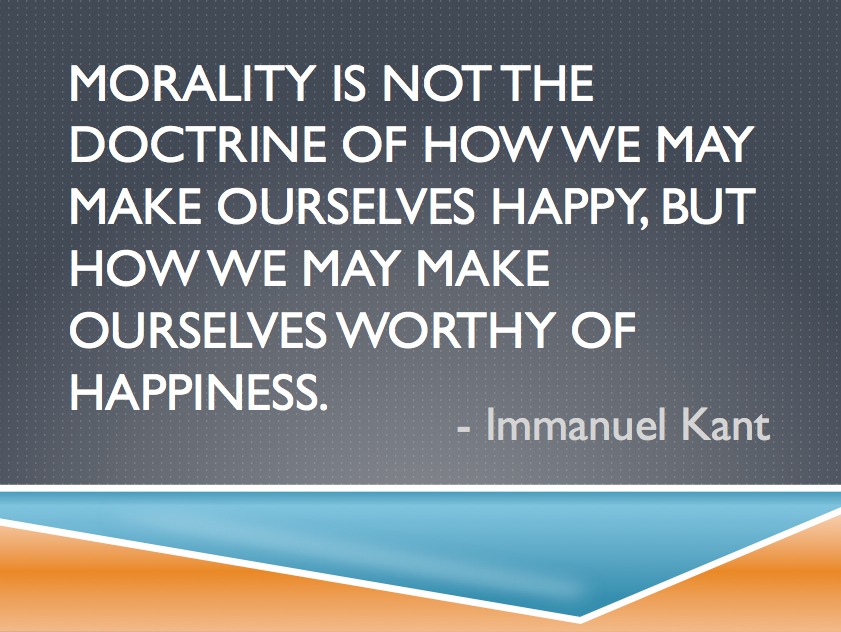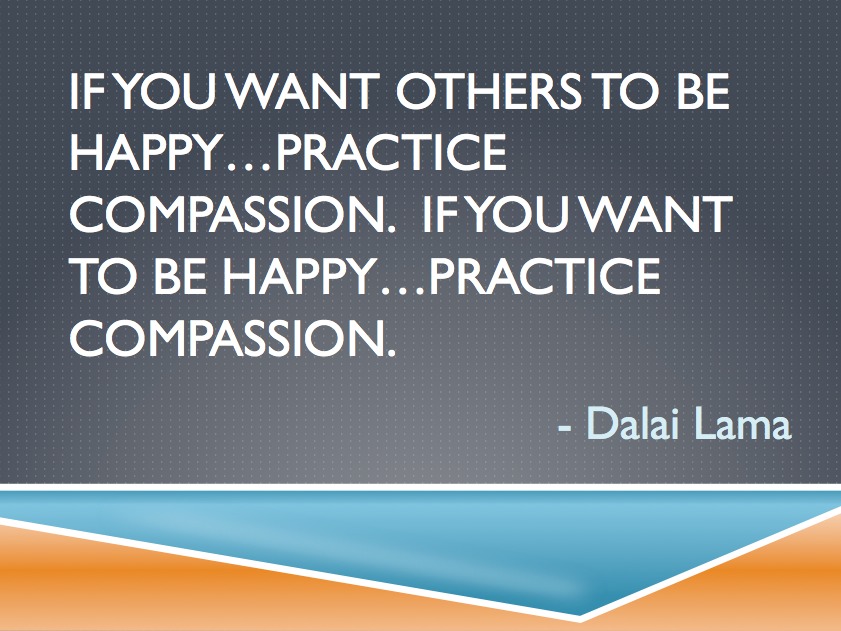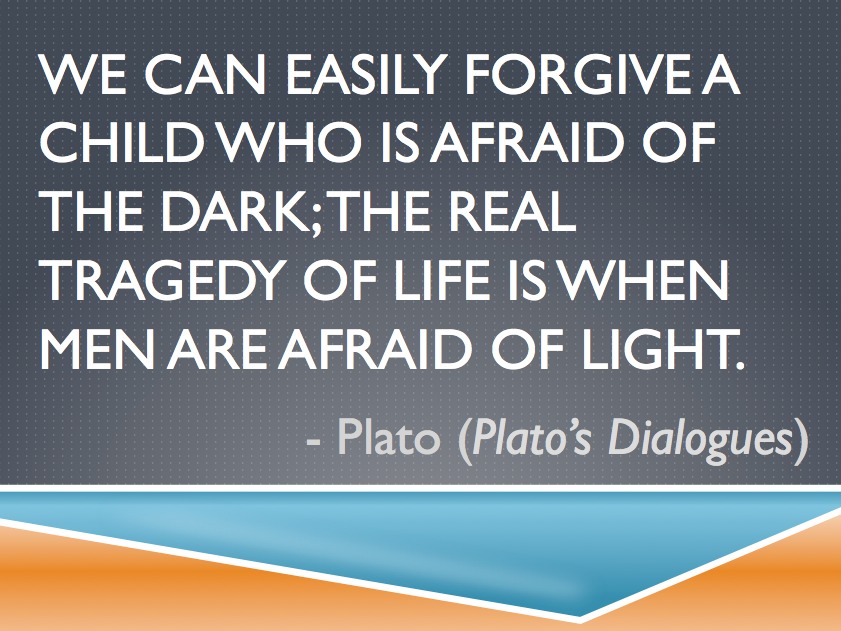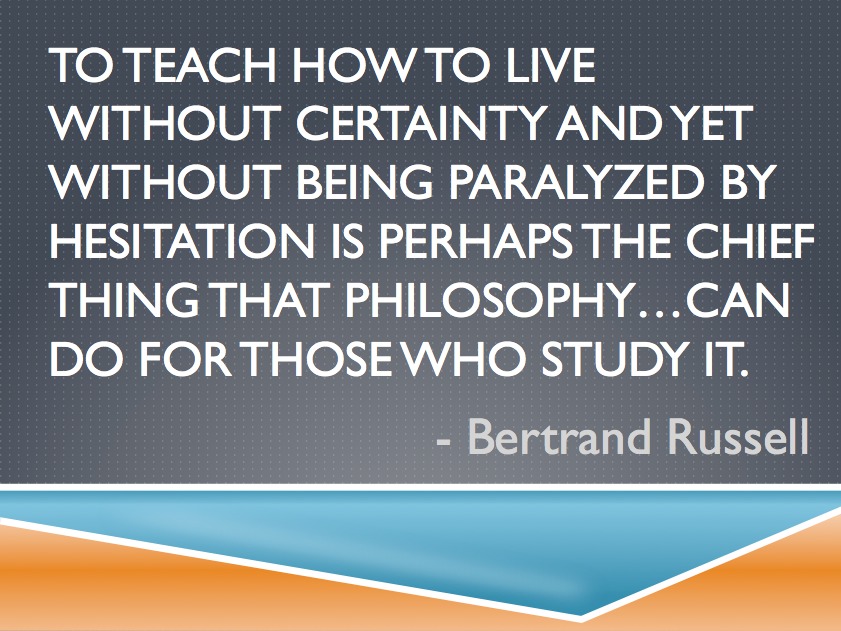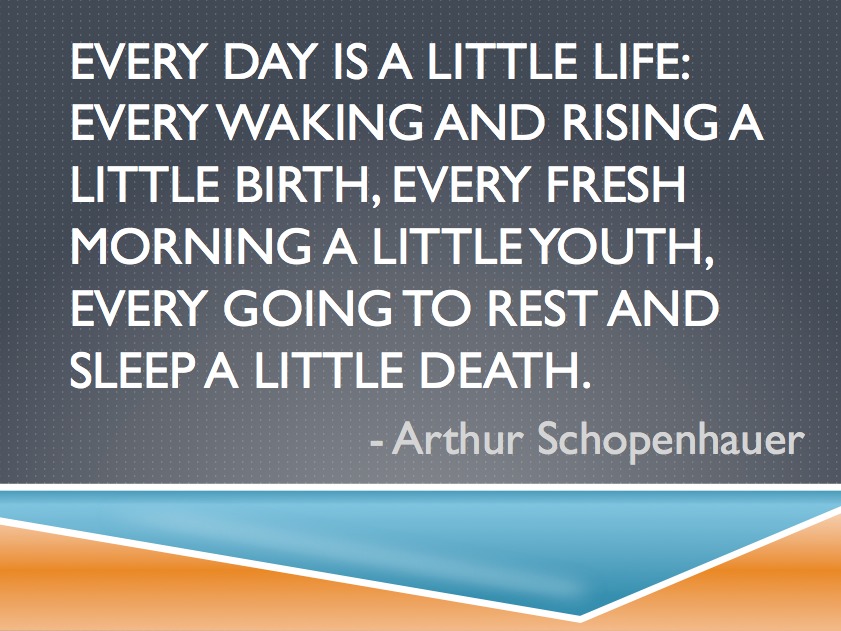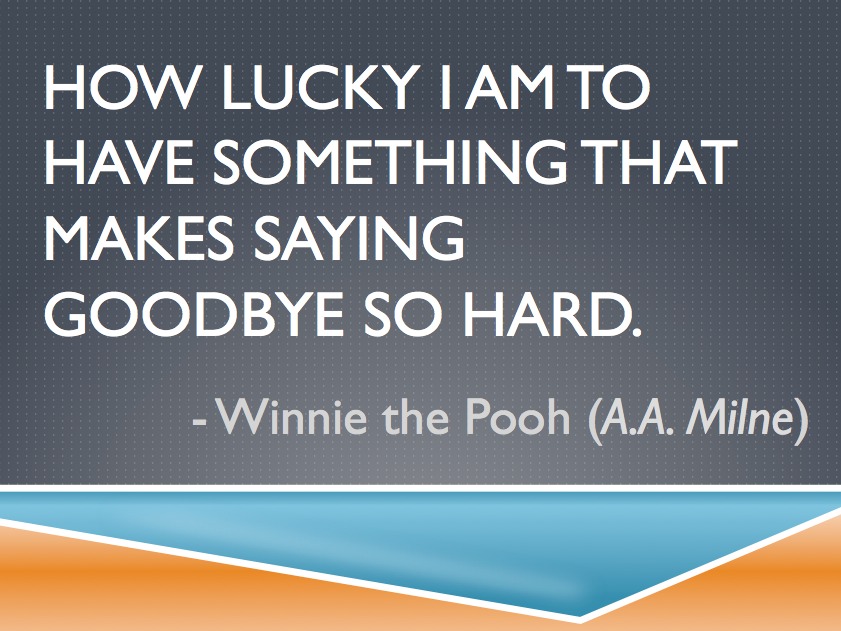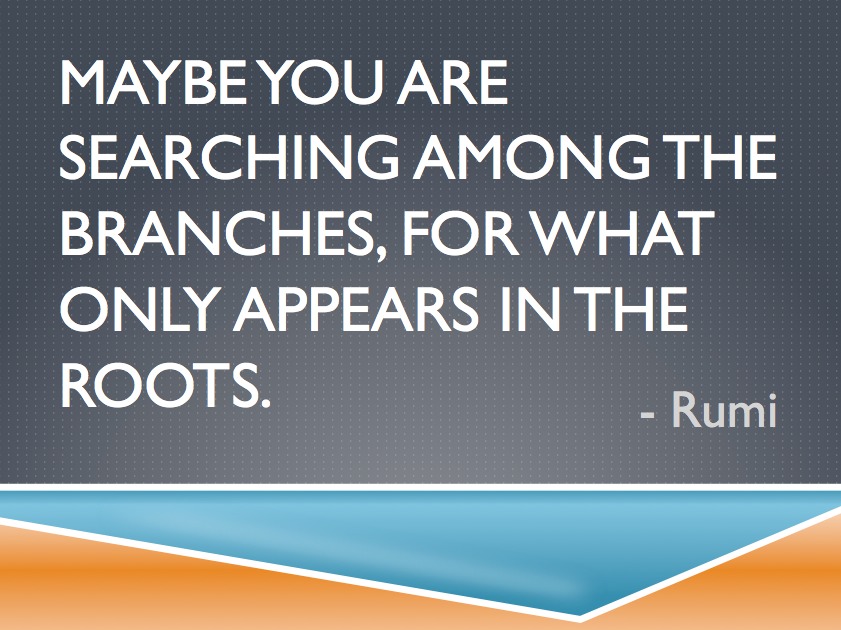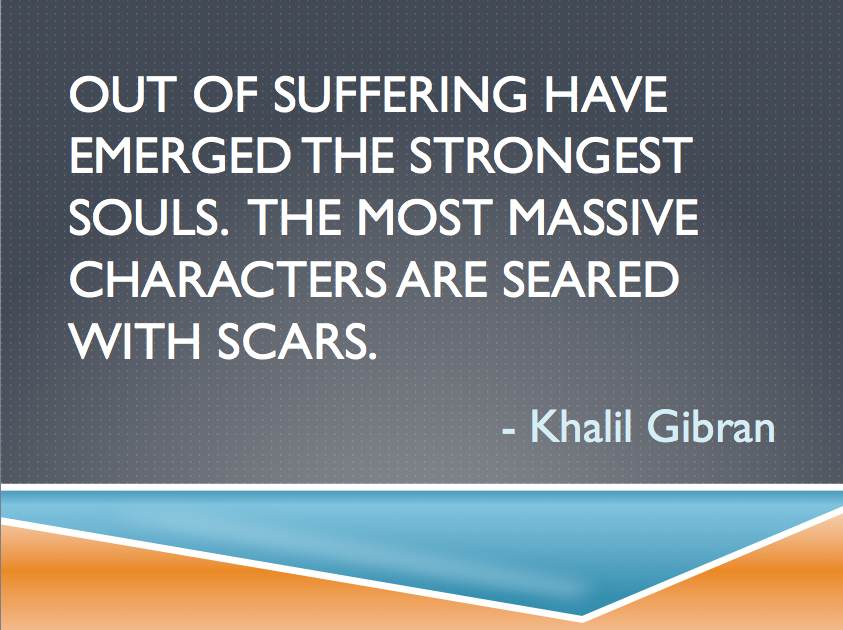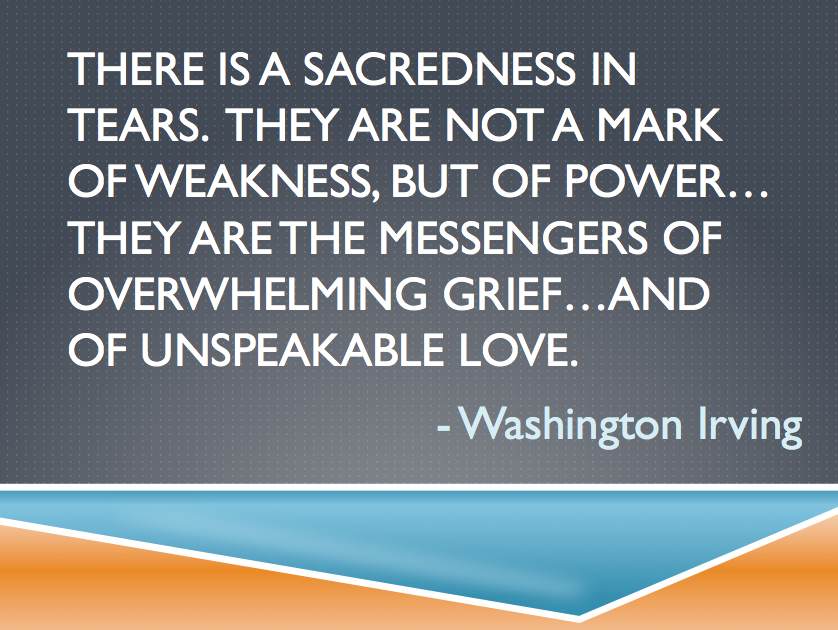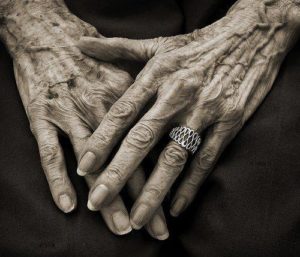 Contrary to Western philosophy, which typically holds the death of our elders to be more “emotionally and intellectually manageable” than the death of the young, Confucian philosophy maintains that the death of elders is, in fact, life’s most disturbing intensity. This thoughtful & beautifully written article by Amy Olberding, Professor of Philosophy at University of Oklahoma, explores grief & loss through the eyes of Confucian philosophy.
Contrary to Western philosophy, which typically holds the death of our elders to be more “emotionally and intellectually manageable” than the death of the young, Confucian philosophy maintains that the death of elders is, in fact, life’s most disturbing intensity. This thoughtful & beautifully written article by Amy Olberding, Professor of Philosophy at University of Oklahoma, explores grief & loss through the eyes of Confucian philosophy.
“In any catalogue of loss,” says Olberding, “when we talk of endings, the death of an elder seems to be a milder species. If we find these deaths bad, is not death itself – all death – terrible? If we cannot with equanimity countenance the passing of our elders, perhaps there is no passing that can be countenanced.” There is a problem with this line of reasoning, though. According to Confucious:
Grief is never much about death. One can be well with death, and yet grieve…The wise might accept death, but wisdom affords no protection against sorrow. For it is not death, but loss that is the spur to grief – and the loss of elders is loss like no other. — Amy Olberding
Elders & Our Sense of Self
Elders occupy a very special place in our lives. They help shape us in ways that remain deeply integral to who we are and how we see the world.
We come to ourselves by way of myriad others, our identities formed in relationship with others. On this score, relationships to parents and grandparents are distinctive. Theirs is our first language, the world they sketch in conduct and speech the map from which we begin. In a recurrent image in Confucian philosophy, elders ‘root’ us, biologically but also morally and existentially. We flower – in understanding, in caring, in purpose – because we draw deeply on what they have made and offered. — Amy Olberding
When we lose our elders, we lose (to some degree) a sense of our self. One might point out that the degree to which our “selves” are affected is largely dependent on the closeness of our relationship with the elder and the role he or she played in our lives. This seems a reasonable claim and likely one that Olberding would not contest. But Olberding’s point here seems not so much about how we handle loss or to what degree our “selves” are affected, but rather why losing an elder is so impactful. For theirs is a relationship that courses through our veins in countless and irrefutable ways.
Losing Our Native Tongue
The relationship between language and grief is intriguing. When we lose our elders, our worlds are silenced. Tis’ the ineffable weight of loss and sadness and a language lost. To bear light on this, Olberding astutely observes that:
Bereavement always entails a loss of language, as relationships give rise to idiosyncratic vocabularies born of time and shared experience. Because death ends relationships, it ends the characteristic exchanges in which these relations find their being, ways of talk and understanding formed together. Nonetheless, there is something distinctive in the loss of elders. It is here that we lose a native tongue, the language in which we learn a world. The world as we first find it is the one they give to us and describe for us. — Amy Olberding
When an elder dies, so too does our native planet — this world that we created together through words, and glances, and moments together. Our life’s story. And left behind in its wake… is a pregnant silence like no other. To read this article in its entirety, click here!
***NOTE: This article is dedicated to Ruth & Jim Vallejo-Revizcky, Sarah Elkins, Megan Black Aspinwall, Tricia Clemons, David Spencer, Tom Gannon, J. Angelo Corlett, Michael Chapman, Mark Smillie, Kelly Cline, Steven Aagenes, Frank Baele, David Kuttruff, Steve Wallace, Sharon Hamill, Troy & Julie DaRonco, Tim Holmes, Erin & Rusty Stump, Kathleen O’Brien-Thompson, The Wolfgram family, and The Solaimanian family.***









